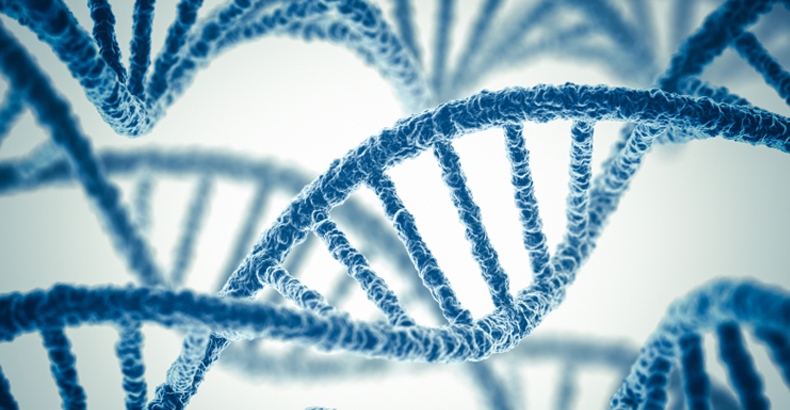The results may be VERY visible!
Parents always say they can’t have a favorite child, that they love all their children equally. Well, we parents may not be able to choose a child we favor, but our children’s bodies tend to favor a parent. According to a new study, our brains may activate the genetic material of only ONE of our parents.
The brain cells usually tend to express copies of genes inherited from both parents, father and mother. However, in some cases, the genetic material from one of the parents carries genetic mutations. The brain sometimes ends up activating the non-mutated gene over the mutated gene. In this way, you end up favoring one of your parents more than the other.
The discovery was made at the University of Utah School of Medicine. Researchers found that rats’ brains tend to express the various genes differently. In the dorsal raphe nucleus, the part of the brain that secretes serotonin, the genes are expressed differently as the infant rat grows. A newborn rat expresses 85% of genes from both parents, but by the time they’re 10 days old, they’re only expression 10% of genes from both parents. That means 90% of their gene expression is restricted to the genes of just one parent.
Fun Fact: It’s not just the brain that expresses these genes differently. The liver and muscles also activate one or the other parents’ genes.

READ MORE: Here’s What We Know About the Obesity Gene
This study proves that genetics is a much more complicated field of study than initially believed. While the genetic material of both parents is passed on to their children, not all of that material is used by the body. The brain may activate certain genes more strongly than others, which is why some children look, act, talk, and behave more like one parent than the other.
Some people also express disease genes more strongly than expected. A gene called DEAF1 is responsible for intellectual disability and autism, and it’s given preference in multiple parts of the brain. Some of the genes linked to diseases like bipolar disorder, ADD, schizophrenia, and Huntington’s Disease are expressed more strongly in primates’ brains.
In a way, these findings actually give hope for the future. Many parents pass on predisposition to disease, obesity, and health problems. What if doctors were able to shut off that gene, focusing the brain on expressing only the healthy genes passed on by the disease-free parent? All of a sudden, a family history of diabetes, heart problems, or breast cancer wouldn’t matter, because that bit of genetic material is prevented from activating. People could be much healthier as a result of this sort of genetic “switching on and off”.
Granted, this sort of treatment is still a long way off. Scientists still need to do a great deal of research to learn more about how the brain expresses genetics, and how it utilizes the copies of genes passed down by the parents. However, at the very least, it gives hope for a future when science will be able to prevent genetics from passing on health problems, intellectual disabilities, and disorders.
For now, it’s vital that we take steps to protect OURSELVES from diseases and disorders. That means doing things that promote good health—mental, emotional, and physical. Even if we can’t shut off the genes that pass along health problems, at the very least we can take steps to prevent those health problems from cropping up. It’s the best way to live a long and healthy life!








